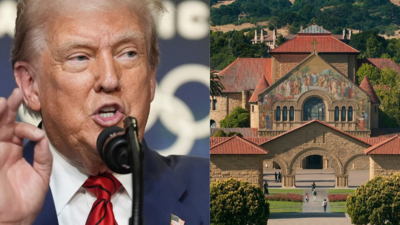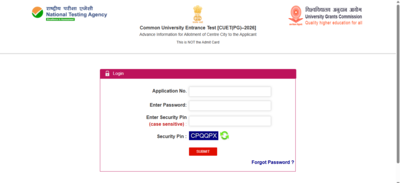The Stanford Daily, a student-run newspaper at Stanford University, has filed a federal lawsuit against the Trump administration, challenging what it calls an unconstitutional policy that targets noncitizen students over their political speech.The case, filed in a California federal court on Wednesday, takes aim at two specific provisions within the Immigration and Nationality Act (INA). These provisions, according to the complaint, have enabled the administration to pursue deportation of international students engaged in pro-Palestinian activism. The plaintiffs argue that this approach infringes on First Amendment protections and has created a climate of fear among noncitizen students on college campuses.
Fear of deportation leads to self-censorship on campus
Attorneys representing The Stanford Daily and two unnamed former international students say that staff members have begun to avoid writing or publishing articles on the war in Gaza, or are requesting previous coverage be removed, fearing that their immigration status could be jeopardised.According to court filings, the chilling effect has intensified since March 2025, when the administration began using the INA to remove lawfully present noncitizens on the grounds of their political expression. The attorneys argue that these actions violate core constitutional protections by punishing individuals for speech that would otherwise be protected.
Legal focus on two provisions of the Immigration and Nationality Act
At the heart of the legal challenge are two sections of the INA. One grants the Secretary of State broad discretion to revoke a noncitizen’s visa at any time. The other allows the secretary to determine a person’s removability if their beliefs are viewed as compromising “a compelling United States foreign policy interest.” These tools, the lawsuit claims, have been selectively deployed to silence dissent related to the Israeli-Palestinian conflict.The legal team, which includes attorneys from the Foundation for Individual Rights and Expression, contends that the government’s actions have already reshaped student behaviour on campus. “The First Amendment does not allow the government to retaliate against individuals simply because it disapproves of their message,” the lawyers wrote in the filing. “When federal statutes are used to suppress protected speech, constitutional principles must prevail.”
Ongoing legal scrutiny of the administration’s immigration actions
The case follows a separate bench trial in Boston that concluded on July 21. During that trial, members of the Trump administration testified under oath about the government’s coordination between the Department of Homeland Security (DHS) and the State Department in identifying noncitizen students and professors for immigration review based on their political views.That trial, overseen by US District Judge William Young, now awaits a decision on whether the administration’s “ideological deportation policy” unlawfully chilled protected speech in violation of constitutional rights. Legal experts suggest the outcomes of both cases could have wide-reaching implications for how universities support international students engaged in political discourse.For students working in campus journalism, especially those on temporary visas, the evolving policy landscape has introduced new layers of complexity. Some international students are reevaluating the risks associated with participating in editorial decisions or publishing content that may be perceived as controversial. The Stanford Daily’s legal action signals a broader concern that self-censorship could become normalised if legal safeguards are not clarified.As the academic year approaches, institutions may also be called to reassess their support structures for international students facing legal and political uncertainty. For many, these developments are not just about legal protections, but about the core values of academic freedom and open expression on campus.TOI Education is on WhatsApp now. Follow us here.






